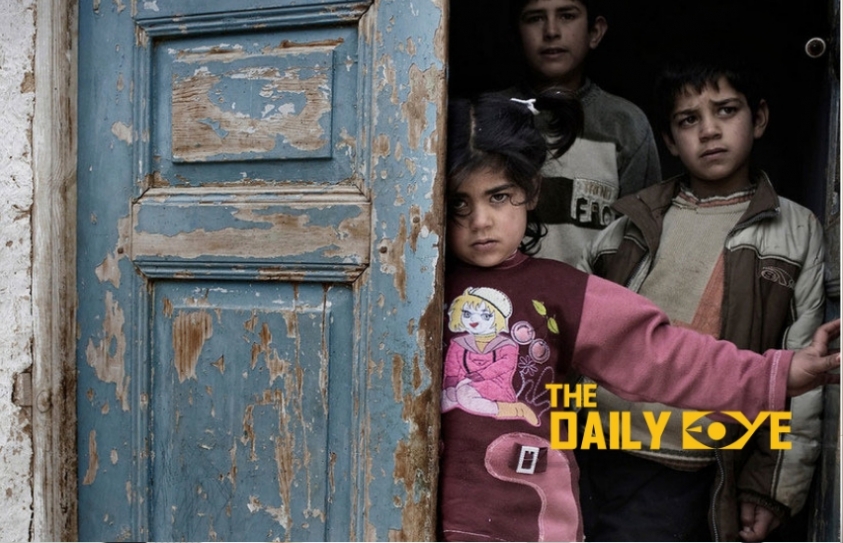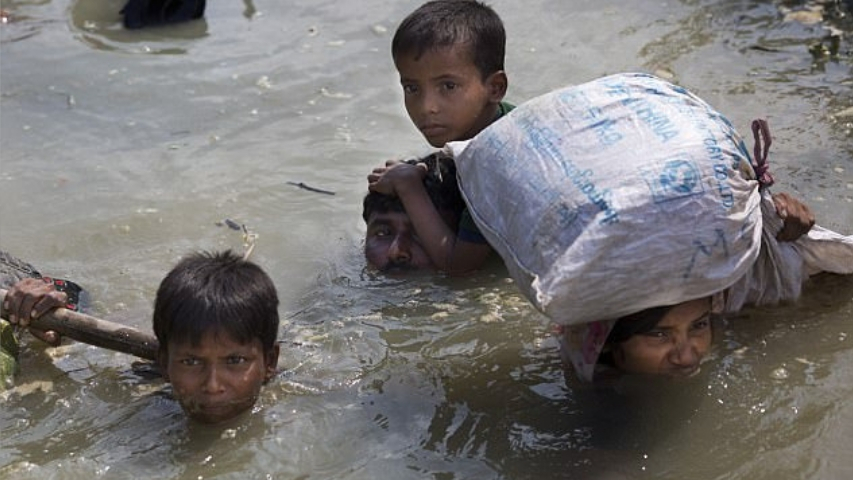
UNICEF: “Children living through conflict are hardly guaranteed their Rights.”
by Shruthi Venkatesh January 4 2019, 6:33 pm Estimated Reading Time: 3 mins, 2 secsUNICEF said the future of millions of children living in Nigeria and other countries affected by armed conflict were at risk, as warring parties continued to commit grave violations against children, and world leaders failed to hold perpetrators accountable. The agency’s Director of Emergency Programmes, Manuel Fontaine, said that “children living in conflict zones around the world have continued to suffer through extreme levels of violence over the past 12 months, and the world has continued to fail them.”
The other countries of such conflicts are Afghanistan, Cameroon, Central African Republic, Democratic Republic of the Congo, Iraq, Mali, Burkina Faso, Niger, Myanmar, Palestine, South Sudan, Somalia, Syria, Ukraine, and Yemen. Parties to conflicts “have been committing atrocities with near-total impunity, and it is only getting worse,” Fontaine added. “Much more can and must be done to protect and assist children.”
The UN children agency said rape, forced marriage and abduction had become standard tactics employed by the mainstream Boko Haram terrorists and the factional Islamic State West Africa Province.
4.jpg)
Children in conflict (UNICEF)
UNICEF said:
“In northeast Nigeria, armed groups, including Boko Haram factions, continue to target girls, who are raped, forced to become wives of fighters or used as ‘human bombs’.
“In February, the group abducted 110 girls and one boy from a technical college in Dapchi, Yobe State.
“While most of the children have since been released, five girls died and one is still being held captive as a slave”.
“In the Lake Chad basin, ongoing conflict, displacement and attacks on schools, teachers and other education facilities have put the education of 3.5 million children at risk”
“Today in northeast Nigeria, the Lake region of Chad, extreme north of Cameroon and Diffa region of Niger, at least 1,041 schools are closed or non-functional due to violence, fear of attacks, or unrest, affecting nearly 445,000 children.”
“In Somalia, more than 1,800 children were recruited by parties to the conflict within the first nine months of the year. The number abducted was 1,278”.
“A crumbling education system in Eastern Ukraine has forced 700,000 boys and girls to learn in dangerous and fragile conditions; sitting in classrooms pock-marked with bullet holes and playing in schoolyards with unexploded ordinance.”
UNICEF published these findings along with other statistics demonstrating how conflict is depleting children’s livelihoods and the possibility of a prosperous future. UNICEF has urged, in a plea to end this “moral crisis of our age.”
Across all these countries, UNICEF worked with partners to provide the most vulnerable children with health, nutrition, education and child protection services.

Conflicts have put millions of children's education at risk.
* For example, in October, UNICEF helped to secure the release of 833 children recruited into armed forces in northeast Nigeria, and is working with partners to reintegrate them into their communities.
* 6,000 separated or unaccompanied children in South Sudan have been reunited with their families since conflict broke out five years ago.
* Thousands of Rohingya refugee children have received psychosocial support and mental health.
* And in Iraq, UNICEF is working to develop services for women and children affected by gender-based violence.
“Children living through conflict are among the least likely to be guaranteed their rights. Attacks on children must end,” Mr. Fontaine said, reminding the international community that 2019 marks the 30th anniversary of the landmark Convention on the Rights of the Child, which recognizes the rights of children to grow up in a safe and nurturing environment.




-173X130.jpg)
-173X130.jpg)
-173X130.jpg)
-173X130.jpg)

_(7)-173X130.jpg)
-173X130.jpg)
-173X130.jpg)